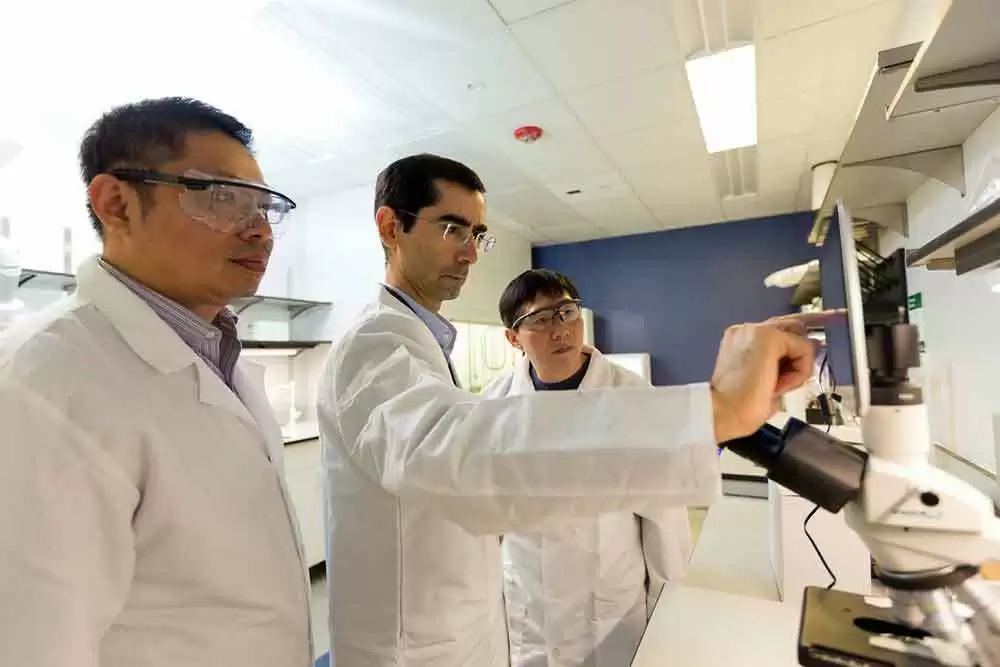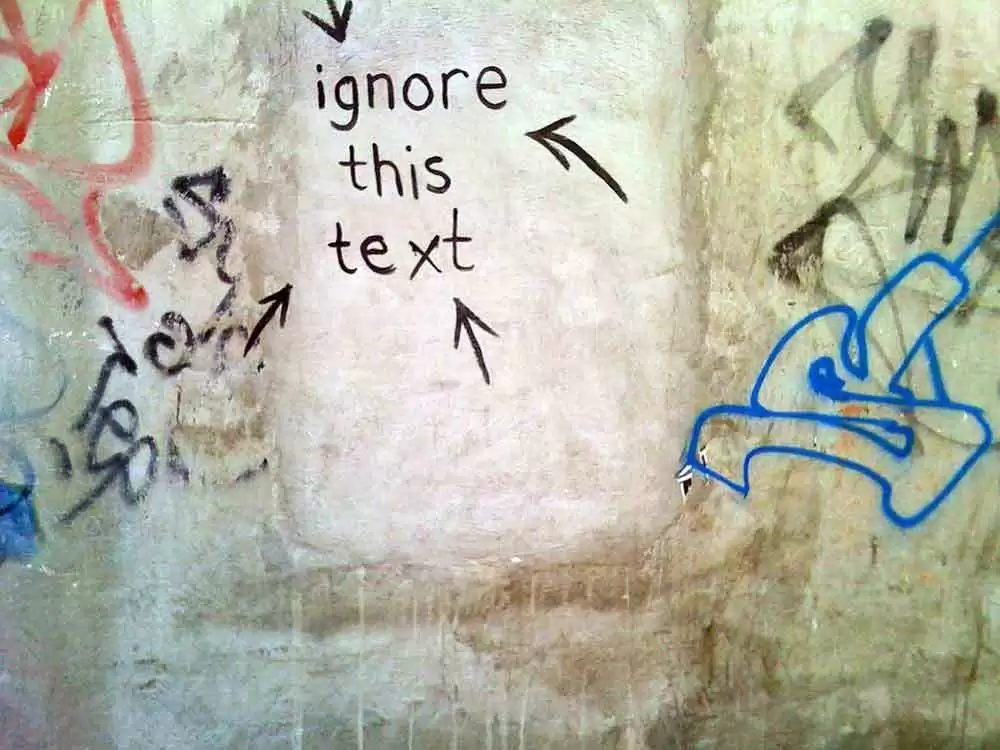
Celiac.com 01/06/2023 - Non-responsive celiac disease (NRCD) affects up to 15% of children with celiac disease. A Gluten Contamination Elimination Diet (GCED) is a more stringent diet consisting of fresh, whole, and unprocessed naturally gluten-free foods. A team of researchers recently set out to assess their approach to identifying and treating NRCD with budesonide and the Gluten Contamination Elimination Diet (GCED). Their results were encouraging. Here's what they found.
The research team included Awab Ali Ibrahim, Victoria Kenyon, Alessio Fasano, and Maureen M Leonard. They are variously affiliated withthe Division of Pediatric Gastroenterology and Nutrition, MassGeneral Hospital for Children, Harvard Medical School, Boston, MA; the Department of Pediatrics, Harvard Medical School, Harvard University, Boston, MA; the Center for Celiac Research and Treatment, MassGeneral Hospital for Children, Harvard Medical School, Boston, MA; the Mucosal Immunology and Biology Research Center, MassGeneral Hospital for Children, Boston, MA; the Celiac Research Program, Harvard Medical School, Boston, MA.
NRCD Defined
Celiac.com Sponsor (A12):
Non-responsive celiac disease is defined as patients having persistent symptoms and enteropathy, with at least Marsh 3 histology, after following a gluten-free diet for at least 12 months.
Researchers think that NRCD affects up to 15% of children with celiac disease, but there is limited data, and no research to date, describing treatment of children with this NRCD.
Retrospective, Single Center Analysis
The team performed a retrospective, single center analysis over a 5-year period of patients with celiac disease 18 years of age and under, who received treatment for persistent symptoms and enteropathy despite following a gluten-free diet.
NRCD Patients Respond to GCED and Budesonide
The team found a total of 22 patients with NRCD. Of the thirteen patients treated with the GCED for 3 months, nearly half experienced both histological and symptomatic resolution of celiac disease.
Of the nine patients were treated with budesonide (6-9 mg), nearly ninety percent experienced both symptomatic and histologic resolution after treatment averaging three months.
Further, more than two-thirds of patients who responded to the GCED, and 100% of patients who responded to budesonide, experienced remission of at least 6 months following treatment transition back to a gluten-free diet.
Treatment of NRCD with the GCED and budesonide can provide benefit most NRCD patients. Most patients with NRCD can return to a standard gluten-free diet after about three months of treatment.
This is some of the most promising treatment information we've seen with regard to NRCD. The article shows that many celiac patients not responding to a gluten-free diet can respond to a more stringent approach. The high response rate to this treatment offers exciting news for patients with NRCD and their physicians. Stay tuned for more on this and related stories.
Read more at J Pediatr Gastroenterol Nutr. 2022 Nov 1;75(5):616-622.











Recommended Comments
There are no comments to display.
Create an account or sign in to comment
You need to be a member in order to leave a comment
Create an account
Sign up for a new account in our community. It's easy!
Register a new accountSign in
Already have an account? Sign in here.
Sign In Now